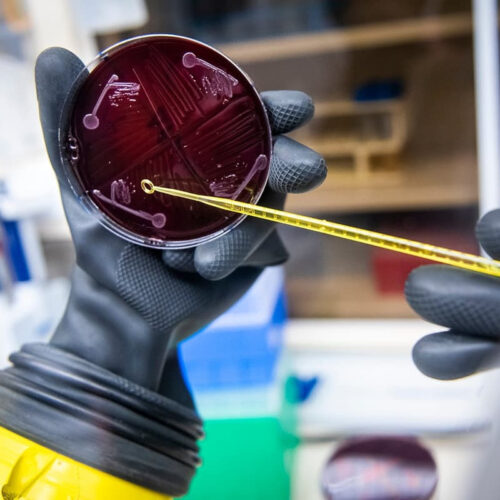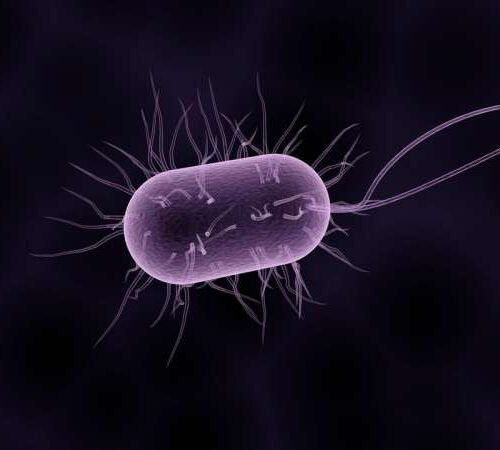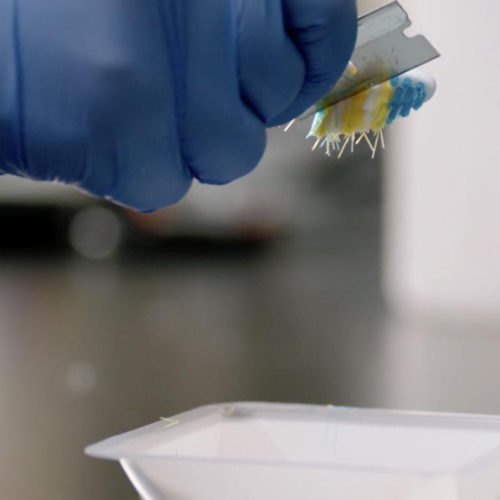Thought LeadersSe Jin Song, Ph.D.Managing DirectorThe Microsetta Initiative The human microbiome is made up of trillions of microorganisms, including bacteria, viruses, fungi, and other microbes, that live in and on the human body. In recent years, we’ve gained significant insights into these microbial communities, from their role in the gut-brain axis to promising research on how they...
Tag: <span>Human Microbiome</span>
Stanford scientists build first synthetic human microbiome from scratch
By Rich Haridy September 11, 2022 Researchers combined around 100 of the most prevalent bacterial species into a model of the human microbiome that can successfully colonize mouse models for future studies L.A. Cicero A team of researchers from Stanford University has constructed the first synthetic microbiome model, built entirely from scratch and encompassing more...
The human microbiome: there is much left to do
Ruth Ley This week marks the tenth anniversary of the first big survey of microbial diversity in the human body, published in Nature by the Human Microbiome Project (HMP) Consortium, of which I was a member. Before then, microbiologists knew that the body played host to a large mass of microorganisms — a heady mix of bacteria,...
Study looks at how the human microbiome varies with location
by Lewis Taylor, University of Oregon Credit: CC0 Public Domain Home is where the microbes are. That’s one takeaway from newly published research by an interdisciplinary University of Oregon team that found a shared home environment to be the strongest predictor of human microbiome similarity or the commonalities between the communities of microbes that live within...
Your toothbrush reflects you, not your toilet
NORTHWESTERN UNIVERSITY IMAGE: A RESEARCHER REMOVES BRISTLES FROM A TOOTHBRUSH FOR THE STUDY. CREDIT: NORTHWESTERN UNIVERSITY/BIG TEN NETWORK Good news: The bacteria living on your toothbrush reflect your mouth – not your toilet. After studying microbial communities living on bristles from used toothbrushes, Northwestern University researchers found those communities matched microbes commonly found inside the...



